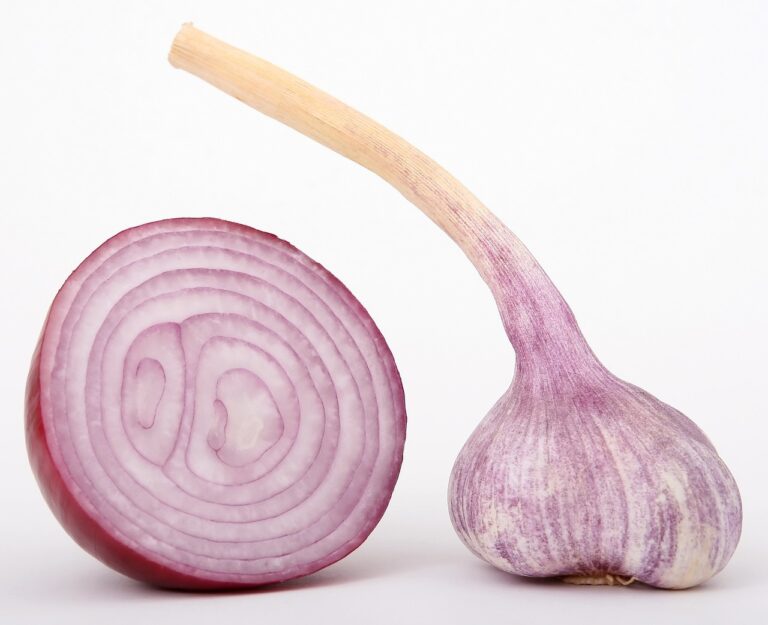The Impact of Social Media on Healthcare Communication
Utilizing social media in healthcare communication has revolutionized the way medical professionals connect with patients. Platforms like Facebook, Twitter, and Instagram offer a convenient and instantaneous means for sharing important health information, increasing awareness of medical conditions, and promoting preventive care practices. By leveraging these online channels, healthcare providers can engage with a wider audience and disseminate crucial updates in real-time.
Moreover, social media enhances patient engagement and empowerment by fostering open dialogues between individuals and healthcare providers. Patients can access reliable health resources, participate in support groups, and gain insights into their medical conditions through interactive online communities. This direct communication improves patient satisfaction, strengthens the patient-provider relationship, and ultimately leads to better health outcomes.
Challenges of Using Social Media in Healthcare Communication
One major challenge of using social media in healthcare communication is the issue of patient privacy and confidentiality. With the widespread use of platforms like Facebook and Twitter, there is a risk of sensitive medical information being shared unintentionally or falling into the wrong hands. Healthcare providers must navigate this delicate balance between engaging with patients online while still maintaining strict privacy protocols to protect patient data.
Another obstacle is the potential for misinformation to spread quickly on social media. Health-related posts can go viral within minutes, regardless of their accuracy or credibility. This can lead to confusion among patients and the dissemination of false information that could have serious consequences on their health decisions. Healthcare professionals need to actively monitor and address misleading content to ensure that patients are receiving accurate and reliable information online.
Improving Patient Education through Social Media
Social media has become a valuable tool in healthcare for enhancing patient education. Platforms like Facebook, Twitter, and Instagram allow healthcare providers to share important information with a wide audience. Through these channels, patients can access resources on medications, treatment options, and preventative care easily and conveniently.
In addition, social media helps in breaking down complicated medical jargon into digestible and engaging content. Visual aids such as infographics and videos make it easier for patients to understand complex medical concepts. This approach not only empowers patients to take an active role in their healthcare but also encourages them to ask questions and seek clarification from their healthcare providers.





